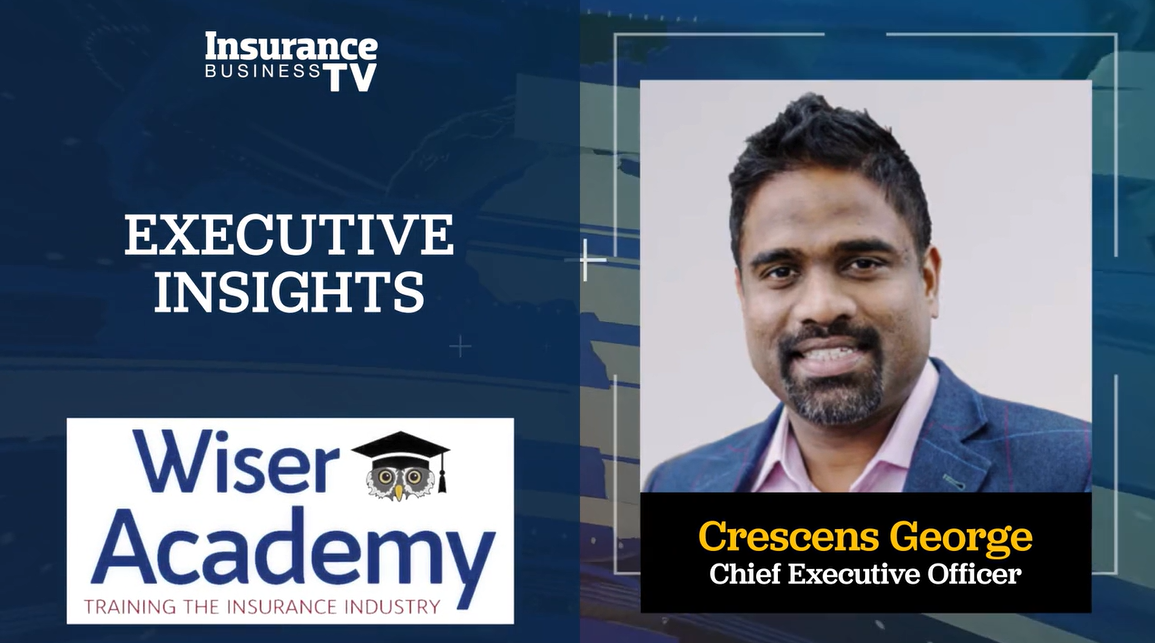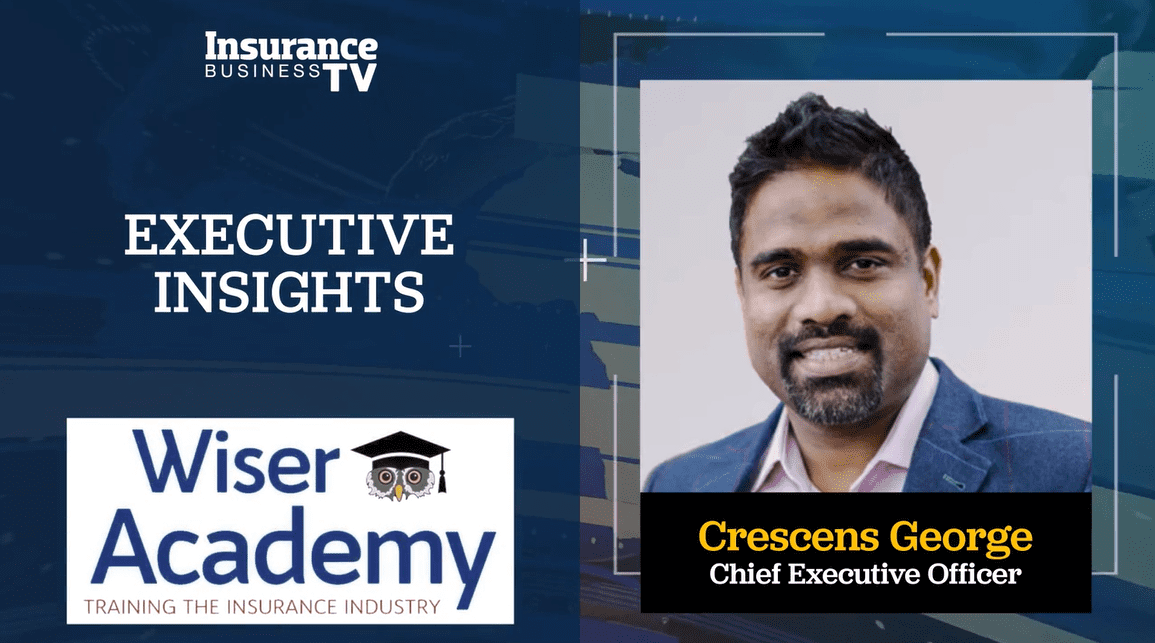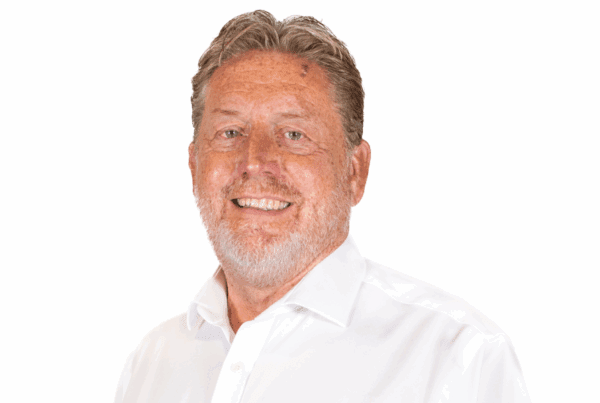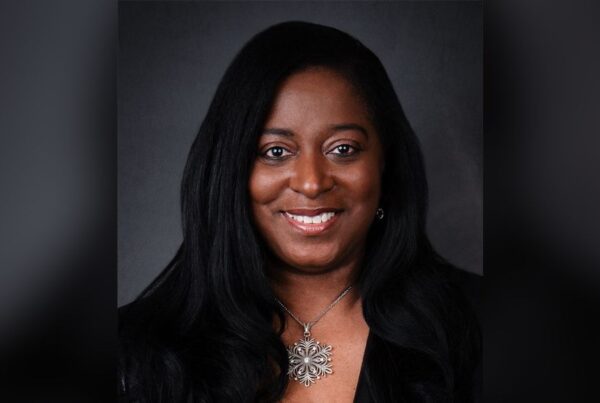
Crescens: [00:00:26] Yes. Yeah, I think compared to previous years, we are attracting more young people into the sector. But the most important question to ask is are we creating meaningful opportunities for them? If that’s the question, then I think we can do far better and more as a sector to add value to young people, nurture their personal growth, and in return, enhance our sector. So there’s more to be done on that front. So it’s twofold. I think we need to provide them a pathway not just to to a job, but to a meaningful career to be built in the financial services sector. And when you take the outlook of building a strong career, it needs a good development, pathway, training and development. So we need to create long term, strategically focused, robust development program. So you bring a college leaver, show them what they can achieve over the next three or four years if it’s a high qualifications or a degree in insurance is what we need to lay down. But what really we need to focus on, once you are on board them, you need to provide them with emotional intelligence, the coaching, to understand the work ethics. Because if you look at the insurance sector, majority of the people are over 50. And when you bring young people in, there’s bound to be that generational gap and the differences. So I think in my personal opinion, young people need to be educated more on the emotional intelligence side of things. They bring technology, they bring other commercial acumen, but they struggle when they interact with their senior colleagues on those certain ethics and core work values. And if you provide some coaching and support on that, we will bring the best out for them.
Crescens: [00:02:35] And that narrative that insurance is not as sexy or as not as appealing. It’s something that we have actually brought out as people who work within the sector. If you look at it, it’s you know, the entire world will come to a standstill if there was no insurance, the all the aeroplanes, all the cargo ships that we see. Nothing would move. Forget about all that. You know, even the vaccine that we rolled out two years ago, that wouldn’t have happened if insurance was not there. Somebody had to take that risk at the stage of clinical trial to say, go ahead and if anything happens, we are there to back that. So that is a very critical sector, and I think we should be proud of that. And that’s the message we should take out to schools and colleges. So I think as an industry, we should come together, form some kind of a program collectively to take to schools, start creating the awareness at that level, give it a bit more of a focus at college level, and then when they leave college, have something robust and structure so they can take an alternative pathway rather than going to university and start working and earning at the same time. Then we need to really if we are really innovative and a bit more strategically focused, we can lure the high caliber college leavers who was otherwise destined to go to university. We can even attract people who went to private schools to come and start a career in the financial services sector. If you look at the graduate programs that we hear run by insurance companies, we actually only get the leftovers. The top tier graduates are taken by the big consulting firms that like the Deloittes and KPMG’s, and we just get the leftovers. So I think we should be one step ahead before they even leave college. We go and attract them into the insurance world.
Crescens: [00:04:43] Yes. So I think we should attack this twofold. One, reach out to schools, colleges, universities, and tell them about the opportunities. But equally, we need to create more awareness amongst parents, teachers, careers, advisors at schools, because they do have a subtle influence in what the young people actually end up doing. So we need to really put a campaign focus purely for the parents or the parents or figures that will have an influence on young people.




